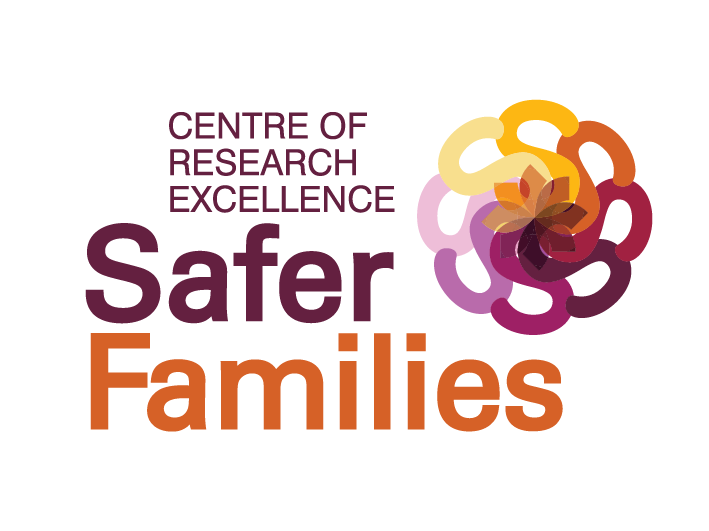Suggested Scripts to RELATE
Confidentiality
Some women will decide not to disclose abuse they are experiencing, often because of fears of losing their children. In this case, even just hearing that abuse is common and the health service is aware of the issue can be important information for women to hear. It may also prompt them to open up at a later point.
“What you say will remain confidential to this health service unless you tell us something that indicates there are serious safety concerns for you or your children. If that was the case, we would talk to you about that first, wherever possible.”
Introducing screening questions
Screening about domestic violence does not have an immediate relevance to a pregnancy and some women will be unprepared to be asked these questions, so it is important to provide some explanation before you ask about domestic violence.
In some instances, a woman may tell you something which could be, or is, reportable to the statutory child protection agency in your state, and so it is also ethically important to warn them about limited confidentiality.
Below we suggest some words you can use:
“In this clinic we ask all women some questions about safety in relationships because abuse by a partner is quite common and it can affect your health and the health of your baby.”
“You don’t have to answer the questions if you don’t want to.”
OR
“We know that many pregnant women have issues with their relationships and this can affect their health, so we ask all women who come into our service a set of questions about home life and relationships.”
Support
It is also useful to provide a wallet-sized information card to all women regardless of whether they disclose or not, recognising the likelihood of under disclosure. A useful explanation is
“We give every woman this little card with some information and numbers on it. You might know someone who’d find it useful. If you don’t want to take it, you can leave it in the waiting room.”






